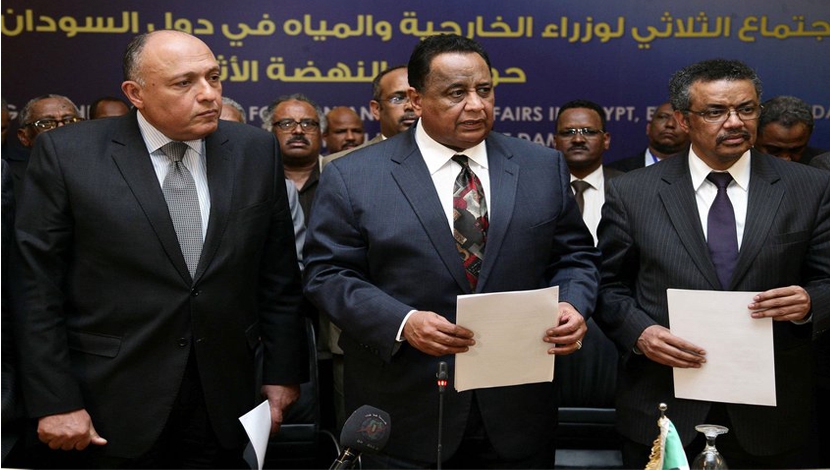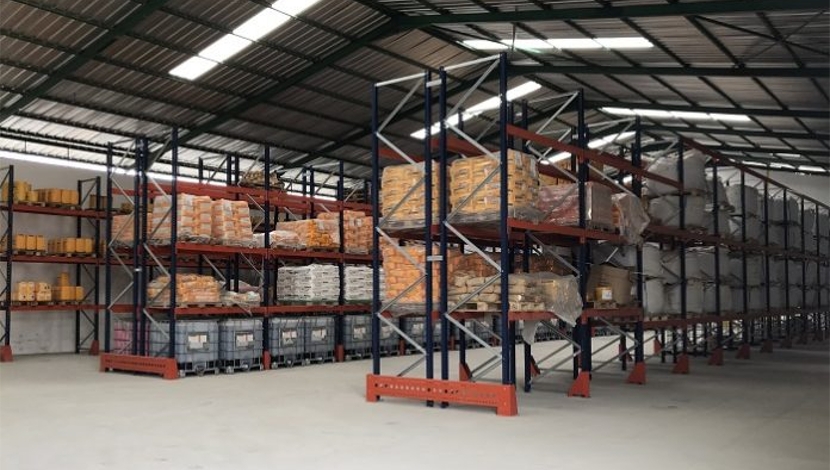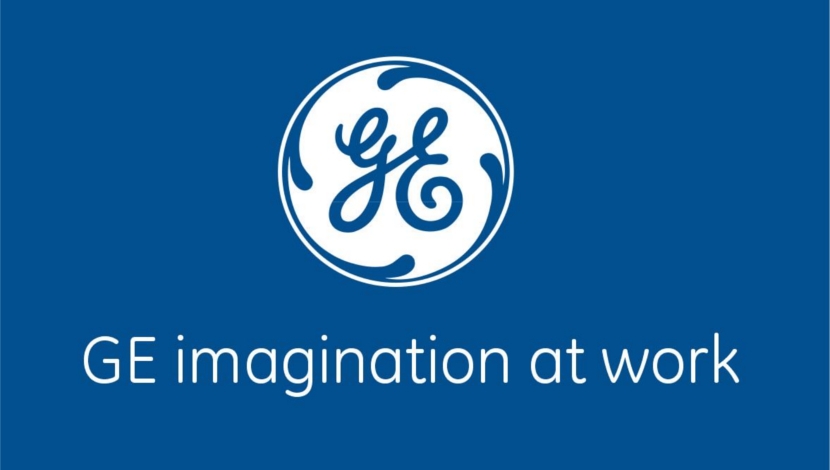

Three countries have agreed on the selection of French company Artelia Group to help study the impact of Africa’s biggest hydroelectric project – the $4.8bn Grand Ethiopian Renaissance Dam (GERD) – as the uneasy truce on the scheme between Ethiopia, Egypt and Sudan continues into 2016.
The decision, which was among others reached by foreign ministers in the Sudanese capital of Khartoum on 29 December (pictured), is seen as a long-overdue step as Ethiopia continues building its massive dam for the waters of the Blue Nile, amid deep concern on the part of Egypt.
The dam, already half built by Italian contractor Salini Impregilo, is the most important project in Ethiopia. The GERD hydroelectric power plant will have an installed capacity of 6,000 MW – more than double Ethiopia’s current generating capacity – and is central to the government’s plan to be a net power exporter to the electricity-starved continent.
Engineering consultancy Artelia Group now joins BRL Ingénierie, another French consulting group, in assessing the impact of the dam.
The new technical studies will start in February, and will take between six and 15 months, Sudanese water minister Moataz Mousa has said.
Since construction of the nearly two-kilometre-wide, 170-m-high dam began in 2011, governments in Egypt have cast GERD as an existential threat, claiming it will reduce the flow of the Nile, on which Egypt depends.
Ethiopia denies that Egypt and other downstream countries will be adversely affected by GERD, but the prospect of war over the dam was raised in 2013 and 2014.
As well as ratifying Artelia’s appointment, the December meeting mostly affirmed the principles set out the previous March, which commit the countries to speed up the impact study and build trust. A new round of talks is scheduled for February 2016.
Having raised the project funding mostly by itself, the Ethiopian government will be looking to start generating electricity – and a return on its investment – as quickly as possible.





